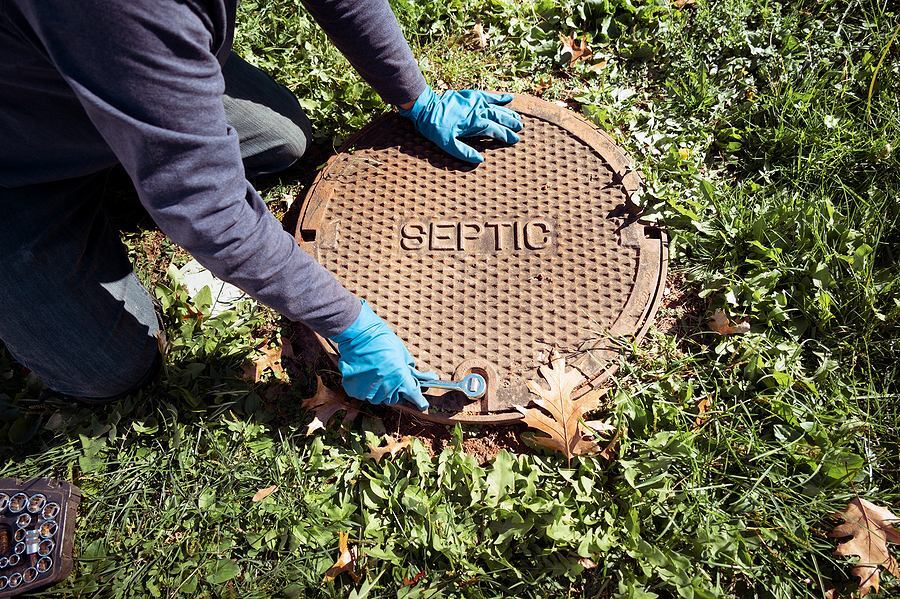25 May 2025
The Role of Soil in Septic System Functionality
When the topic of septic systems arises, many of us only imagine the tank and the connected pipes. However, the soil around the septic system is undoubtedly one of the most important factors that determine how your waste is filtered and treated. As a homeowner, knowing the importance and difference soil makes will help you in the process of maintaining your septic system so it continues to function effectively for many years to come. It will also help you stay away from system malfunctions and expensive repairs.
Roles of Soil In Septic System
- Firstly, let’s clarify how soil plays an active role in the septic system. As you might already know, all types of waste go directly to your septic tank with pipes. As a part of the treatment process, at some point, the waste will leave the septic tank. That’s where the soil part becomes very crucial.
- As the liquid part, or the effluent, makes its entrance to the drainfield, it will go through layers of soil. Meanwhile, soil will act as a natural filter, eliminating dangerous pathogens and other impurities during this process. Secondly, soil will also absorb the excess water, which is crucial so the excess water doesn’t just reach your house and cause an overflow. Instead, depending on different factors, soil will diffuse this excess water and absorb it, protecting your property.
- As for the last part, remember that soil is a complex ecosystem that comprises inorganic and organic components as well as microorganisms. The wastewater will be broken down with the help of those microorganisms, which basically serves as a treatment facility for the water.
Properties You Should Be Aware Of
A septic system's proper operation depends on how well the soil can filter and treat wastewater.
- Permeability: It is the soil’s permeability that lets water pass through all the layers and diffuse in the right manner. If the soil has high permeability, it will easily allow the effluent to nicely seep into the soil for treatment.
- Depth: Another important factor is depth. The amount of soil between the groundwater and the drainfield must be sufficient so before the effluent reaches the water table, it can be completely treated by the soil.
- The density of soil: density is directly related to how compact the soil is. When the soil is more compact, then it means it has less porosity, and so when the soil has high density, as a result, its ability to filter and drain wastewater may be diminished. So it works as the complete opposite of permeability. As a result, you may observe more septic problems and need more septic services.
- The pH of soil- even though this rather seems far-fetched, the soil’s pH balance also has an impact on the quality of soil and how well your septic system will work. As we mentioned before, soil is an ecosystem, and just like all ecosystems, it needs to preserve a delicate pH balance. If the soil is too acidic or too alkaline, you will not see the full effects of how microorganisms can treat the wastewater. So, the pH of the soil is in direct association with how well your wastewater is treated throughout the day.
Reliable Septic Services In Your Neighborhood
If, as a homeowner, you have a better understanding and appreciation for the role soil plays rather than only the man-made parts of the septic systems, you’ll be making better choices. If you aren’t sure what type of soil you have, know that you can always contact professionals to learn more and plan your maintenance jobs, such as septic pumping, around this knowledge. If you have concerns regarding your septic system, know that professionals of Rooter Septic Services are always here to take care of the issue. We are a septic company that offers all sorts of septic services, including septic cleaning, repairs, and replacements. Call us today and schedule your appointment.
